François Couperin: Music for Two Harpsichords, Volume One
François Couperin published two collections of chamber music — the Concerts Royaux in 1722 and Les Nations in 1726 — in what today would be called open scoring, so that they could be performed by whatever instruments were to hand. But he confessed in the preface to a later publication that he himself preferred to perform them on two harpsichords, although that suggestion had to wait for this series of two CDs to be taken up in a recording. Here Les Nations and movements from the Concerts Royaux are presented with a number of his Pièces de clavecin, also in rarely heard realisations for two harpsichords.
Jochewed Schwarz, harpsichord
Emer Buckley, harpsichord
Listen To This Recording:
-
Les Nations, Quatrième Ordre: La Piémontoise (1726)
- I Gravement, et rondement –
- Vivement –
- Gravement, notes égales et rondement –
- Vivement, et marqué –
- Air, Gracieusement –
- Second Air –
- Air, Gracieusement –
- Gravement, et marqué –
- Légèrement
- II Allemande. Noblement, et sans lenteur
- III Courante
- IV Seconde Courante. Un peu plus gayëment
- V Sarabande. Tendrement
- VI Rondeau. Gayëment
- VII Gigue. Affectuëusement; quoy-que légérement
- Pièces de Clavecin, Second Livre: Sixième Ordre (1717): V Les Baricades Miste?rieuses. Vivement
- Concerts Royaux, Premier Concert (1722): VI Menuet en Trio
- Pièces de Clavecin, Troisième Livre: Seizième Ordre (1722): VII La Létiville
- I Gravement, et mesuré –
- Vivement –
- Affectuëusement –
- Légèrement – repos –
- Gayément – repos –
- Air tendre –
- Vivement, et marqué (Badinage pour le clavecin, si l’on veut)
- II Allemande. Gracieusement
- III Courante. Noblement
- IV Seconde courante. Un peu plus vivement
- V Sarabande. Gravement
- VI Gigue Lourée. Modérèment
- VII Gavotte. Tendrement, sans lenteur
- VIII Rondeau. Affectuëusement
- IX Bourée. Gayëment. Double de la Bourée précédente
- X Passacaille. Noblement et marqué
- Pièces de Clavecin, Troisième Livre: Quatorzième Ordre (1722): VI La Julliet. Gayëment
- Concerts Royaux, Troisième Concert (1722): VI Muzette. Naïvement
Les Nations, Second Ordre: L’Espagnole (1726)
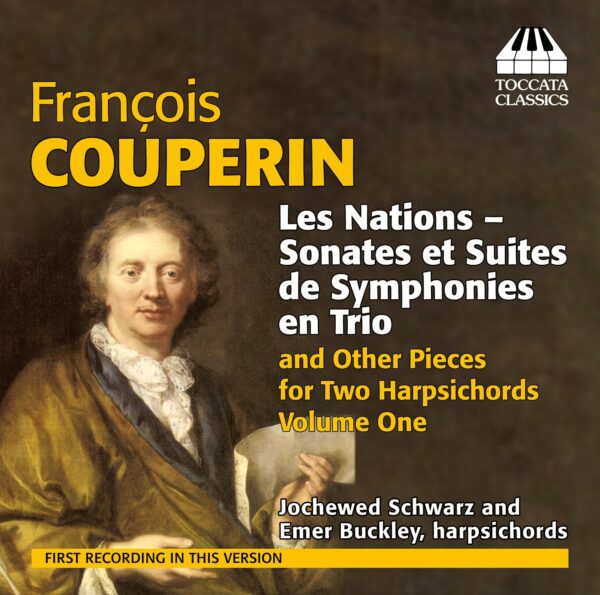
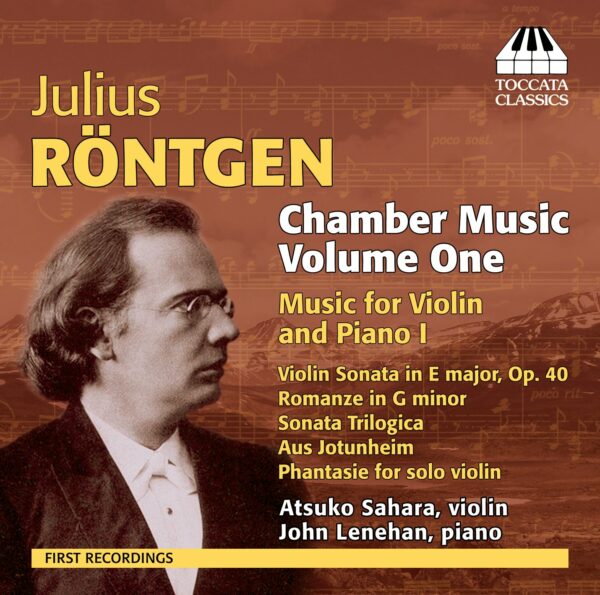
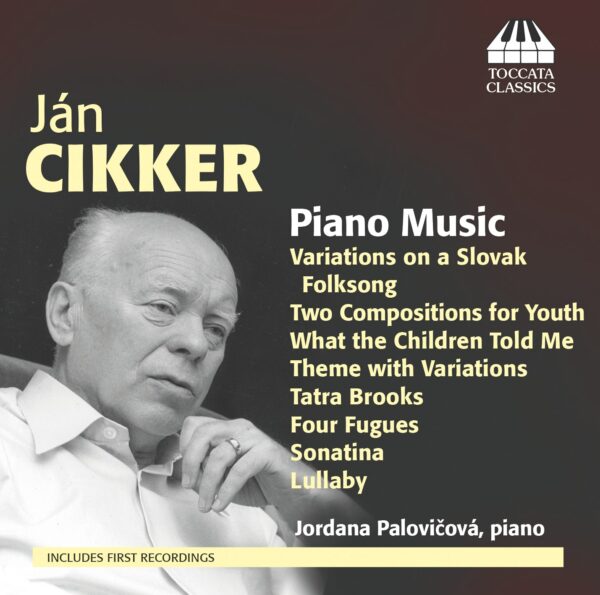
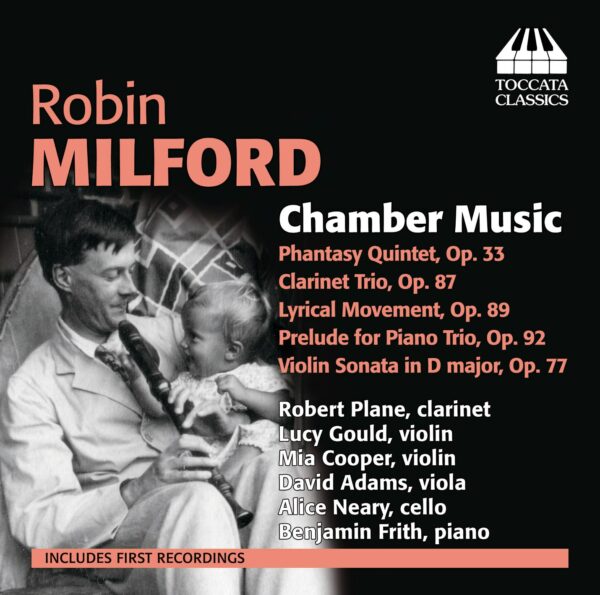
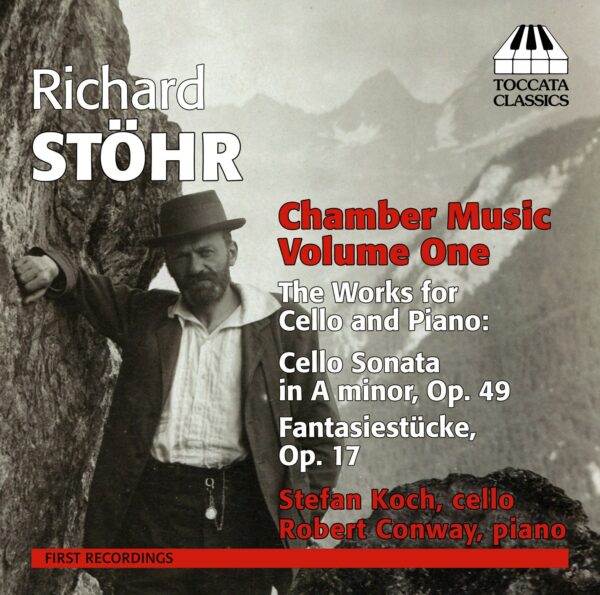
MusicWeb International :
‘…Considering the indications by Couperin and some of his contemporaries it is rather surprising that so few recordings of this kind have been made as yet. Le Roux’s suites have been recorded on two harpsichords, but not – as far as I know – by an instrumental ensemble, and the four Ordres which were published as Les Nations have been recorded here for the first time on two harpsichords. If one knows these pieces in performances by an instrumental ensemble a performance like this is something one has to get used to. However, that doesn’t take much time if they are played as here by Jochewed Schwarz and Emer Buckley. These are engaging interpretations by congenial partners on two harpsichords by the same builder, Von Nagel in Paris, in whose workshop the recording was made.’
—Johan van Veen, MusicWeb International
Fanfare Magazine :
‘… The playing by harpsichordists Jochewed Schwarz and Emer Buckley is finely matched. Both blend well with each other and provide a strong, virile performance that brings the nuances and ornaments of Couperin’s music to life. One can see through their interplay why the composer considered this his ideal performance medium. Since this is billed as the first volume of a series, I for one am looking forward to the rest. In my opinion, this is the way I would conceive the composer presenting his works to the highest French nobility, leaving the more generic instrumentation to lesser gens.’
—Bertil van Boer, Fanfare Magazine
Pamela Hickman’s Blog :
‘This being the background to the ordres [“Les Nationas”], Schwarz and Buckley’s performance of them does not endeavour to layer them with extra-musical conjectures – political, sociological or otherwise. In their playing of the opening movements of each, Schwarz and Buckley present the flamboyance, fast mood changes, piquant dissonances, contrasts and forthright character of Italian music and with some lively, gregarious ornamenting. Moving into the French agenda of each ordre, the artists then offer sympathetic- and indeed pleasingly stylistic readings of the dances, also rich in agréments. With Schwarz and Buckley’s absolute precision and superb synchronization never sounding pedestrian, they display the noble elegance of this courtly music in playing that is fresh and vigorous, exposing the music’s interest, rhetoric and rhythmic ideas. … Buckley and Schwarz offer stylish performances of some of its delightful miniatures [“Concerts Royaux”], calling attention to their opulence, their sense of joy and wit. … Corresponding to the candid, full touch of both artists, the sound quality of the two CDs is true and engaging, offering the listener a lively listening experience. Written by both players, the liner notes accompanying both CDs are highly informative both musically and biographically.’
—Pamela Hickman, Pamela Hickman’s Blog
musica Dei donum :
‘These are engaging interpretations by congenial partners on two harpsichords by the same builder, Von Nagel in Paris, in whose workshop the recording was made. […]
For the time being we can at least expect a second disc with the two remaining Ordres from Les Nations, and that is definitely something to look forward to.’
—Johan van Veen, musica Dei donum
Planet Hugill :
‘In his preface to another work in trio sonata form, L’Apotheose de Lully, published the year before Les Nations, Couperin explains how it is possible to play the music on two harpsichords and that he in fact does so at home. Each harpsichordist takes one of the melody lines and both play the bass part. The result is intriguing and perfectly in keeping with Couperin’s view of flexible scoring. Schwarz and Buckley play on a pair of well matched harpsichords in the Von Nagel harpsichord workshop in Paris. Their touch is well matched too, so that you can enjoy the richness of the two-harpsichord experience, with vivid interplay and a nicely balanced view of ornamentation.’
—Robert Hugill, Planet Hugill
AllMusic :
‘The music is evenly divided between the two instruments, and it works well in this arrangement, though this is the first recording of Les Nations as a keyboard work and may strike some listeners as a novelty. Yet Couperin was one of the masters of harpsichord music in the Baroque era, so this interpretation, derived as it is from the composer’s own statement, certainly validates the approach. Schwarz and Buckley play with a strong sense of rhythm and full sound, and this is a genuinely exciting performance that should win many supporters.’
—Blair Sanderson, AllMusic
Pamela Hickman’s Concert Critique Blog :
‘In their playing of the opening movements of each, Schwarz and Buckley present the flamboyance, fast mood changes, piquant dissonances, contrasts and forthright character of Italian music and with some lively, gregarious ornamenting. Moving into the French agenda of each ordre, the artists then offer sympathetic- and indeed pleasingly stylistic readings of the dances, also rich in agréments. With Schwarz and Buckley’s absolute precision and superb synchronization never sounding pedestrian, they display the noble elegance of this courtly music in playing that is fresh and vigorous, exposing the music’s interest, rhetoric and rhythmic ideas. […]
Buckley and Schwarz offer stylish performances of [Concerts Royaux] delightful miniatures, calling attention to their opulence, their sense of joy and wit. […] The splendid pieces of the “Concerts Royaux” must surely have provided the aging Bourbon monarch with pleasurable entertainment; to today’s listener, they represent French Baroque chamber music at its best.
Corresponding to the candid, full touch of both artists, the sound quality of the two CDs is true and engaging, offering the listener a lively listening experience. Written by both players, the liner notes accompanying both CDs are highly informative both musically and biographically. Basing their information on what Couperin himself wrote, the artists have made a deep enquiry into the works and into the question of playing them on two harpsichords rather than in a mixed consort.’
—Pamela Hickman, Pamela Hickman’s Concert Critique Blog